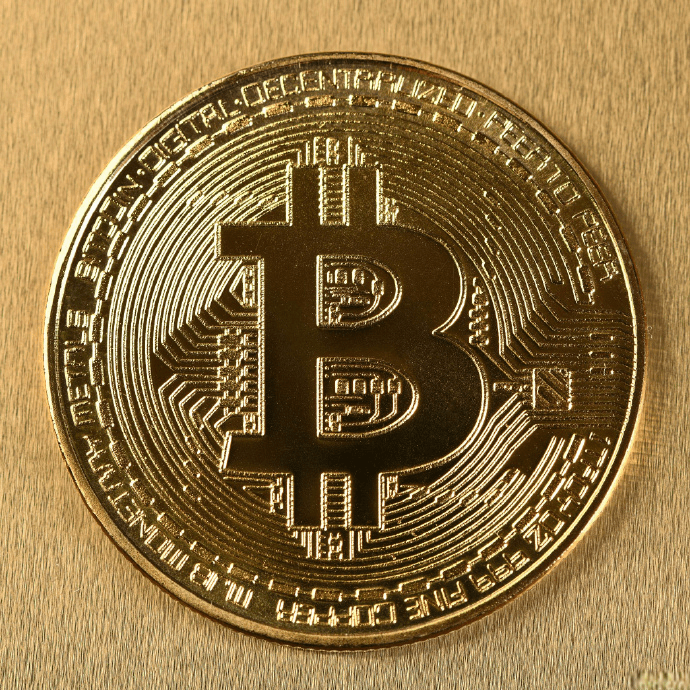In international games, there are no eternal enemies, only eternal interest games. When the U.S. swings the sanction stick against Russia, it even has to calculate the 'alignment' of its allies down to the bone!
What does U.S. Treasury Secretary Yellen mean by this? Simply put, it means: If the U.S. wants to sanction foreign companies doing business with Russia, it must work with Europe; otherwise, acting alone will be ineffective!
Why? Because Europe's energy and trade ties with Russia are too deep. For instance, Germany previously bought Russian natural gas, and France cooperated with Russian military enterprises. The U.S. fears that when it sanctions, Europe might secretly give Russia a 'green light', rendering the sanctions toothless.

Personal Opinion:
On the surface, this is about 'uniting allies', but behind it is the small calculation of dollar hegemony.
For example: When the U.S. sanctioned Iran in 2018, Europe created the 'INSTEX settlement mechanism' to bypass the dollar, but ended up being threatened with secondary sanctions by the U.S. and had to back down. Now, sanctions on Russia are more complicated as Russia holds the energy card; does Europe dare to confront directly?
Moreover, the harsher the sanctions, the more they accelerate 'de-dollarization'. After Russia was kicked out of SWIFT last year, the proportion of trade between China and Russia settled in RMB surged by 80%; when Iran was sanctioned, Bitcoin became a 'hard currency' for underground transactions. This time, if the U.S. and Europe really take strong measures, it might just provide a new wave of 'safe-haven flow' for cryptocurrencies.
Case Support:
After the Russia-Ukraine conflict in 2022, the U.S. banned Russia from trading in dollars, resulting in the Russian central bank buying a large amount of Bitcoin and Ethereum to hedge risks; although the EU followed up with sanctions, it privately facilitated trade through Turkey and the UAE, which in turn greatly increased the demand for 'gray settlement'. At that time, USDT was once priced at a premium of over 20% in Russia.
Next, keep a close eye on two things:
Is Europe really 'in the same boat' as the U.S.? France has recently been calling for 'strategic autonomy', while Germany relies more on Russian natural gas. These cracks might leave opportunities for the market.
Could cryptocurrency become a 'sanction loophole'? If Russian enterprises start using BTC for payments, the crypto space may welcome a new narrative, but be aware that U.S. regulatory actions could strike at any time.
Opportunities are fleeting, corrections are imminent, bottom-fishing for spot assets, and huge profits from altcoins await you! Doubling is not a dream; click on my profile and follow me for a shared bull market feast!
